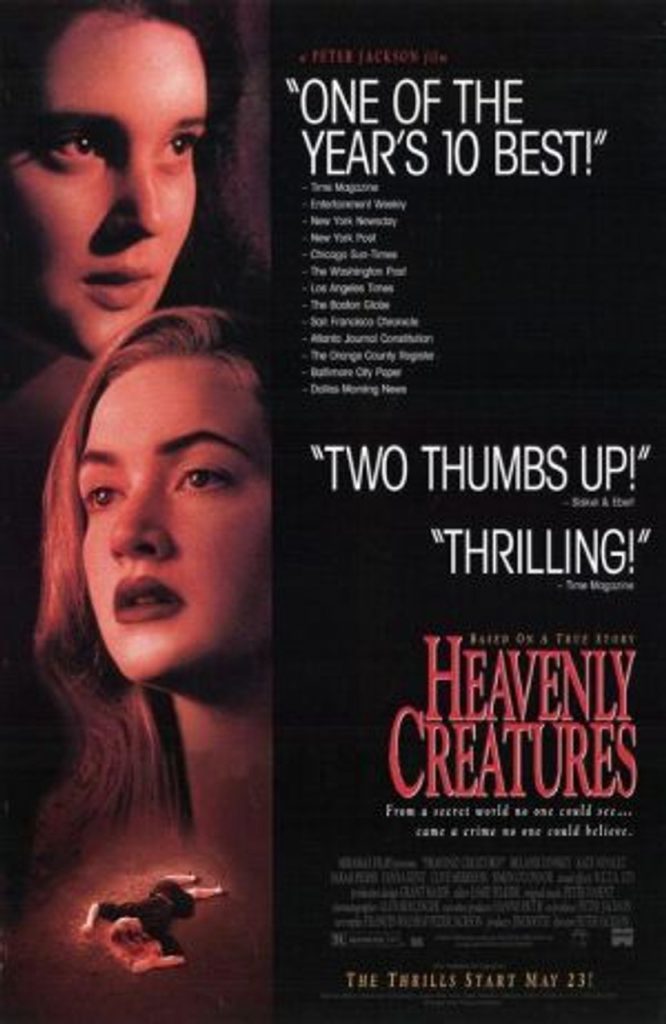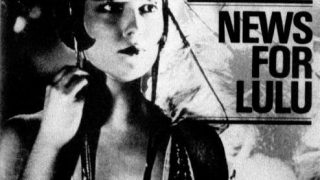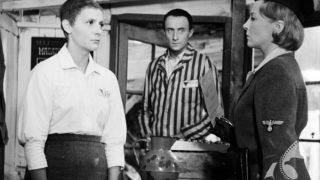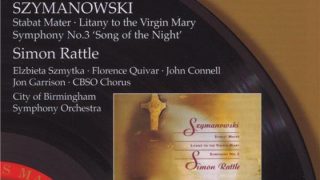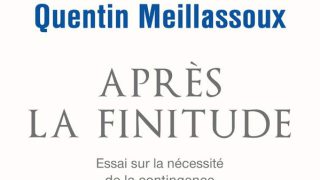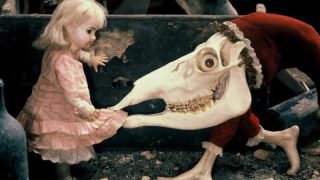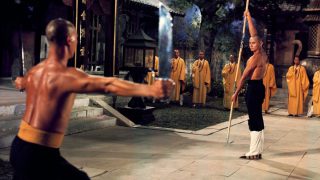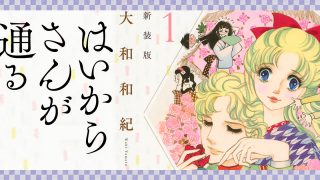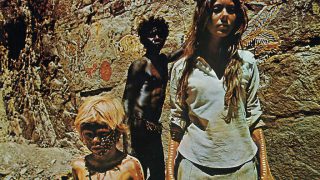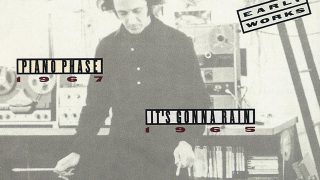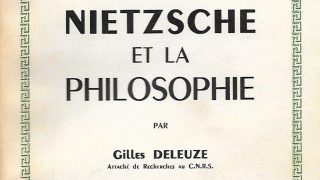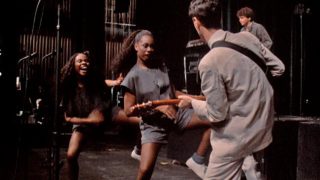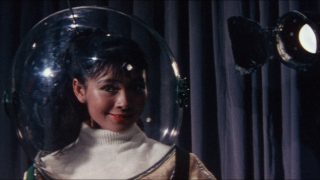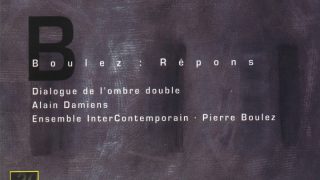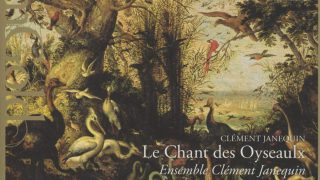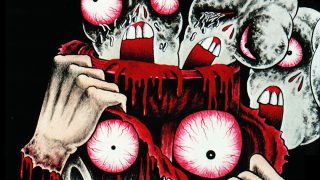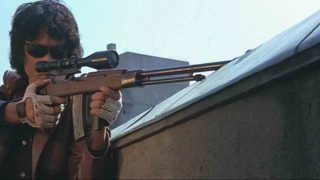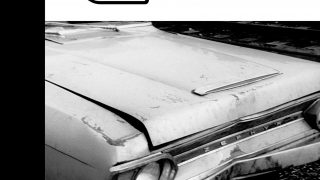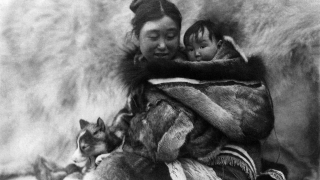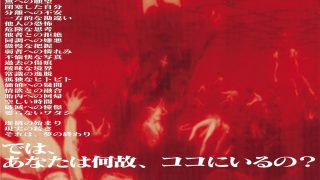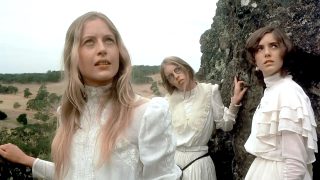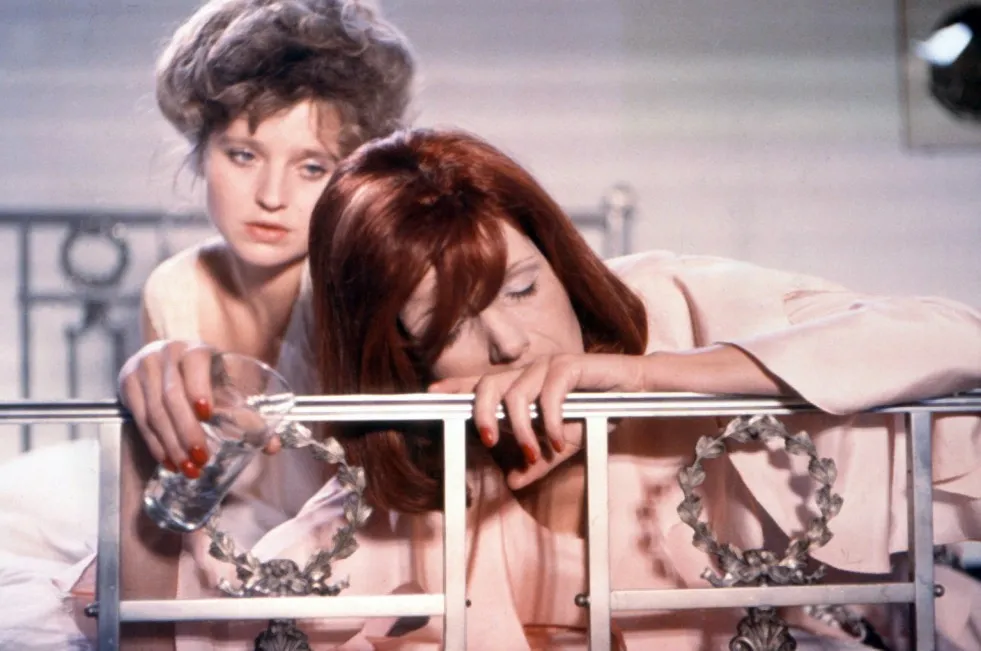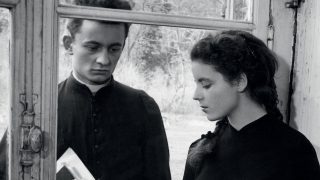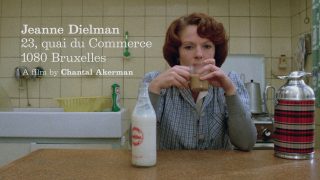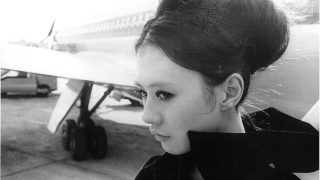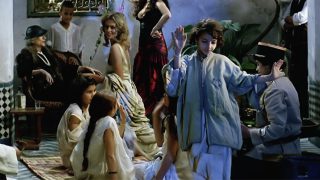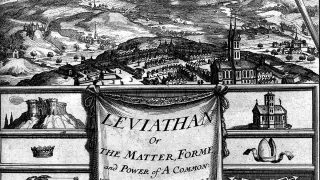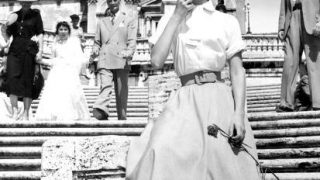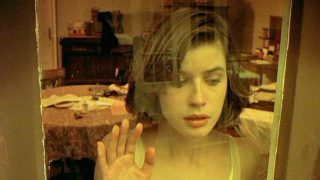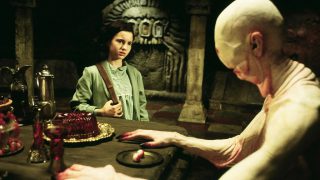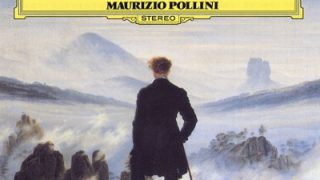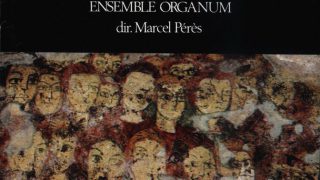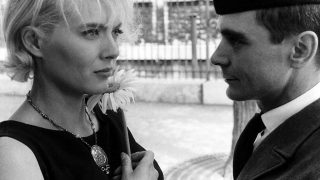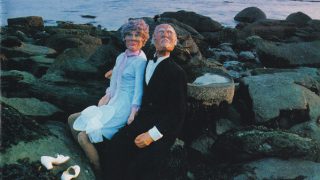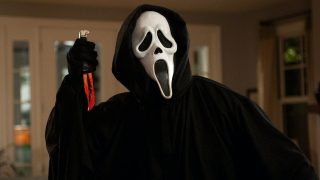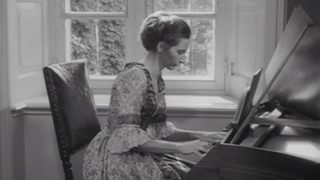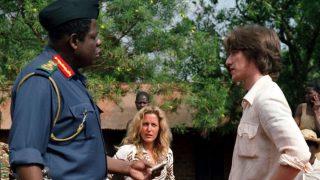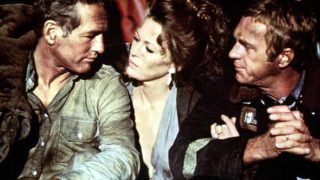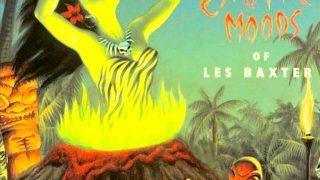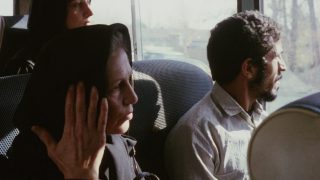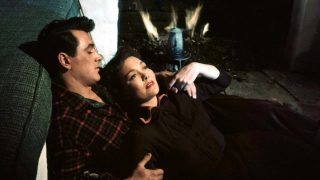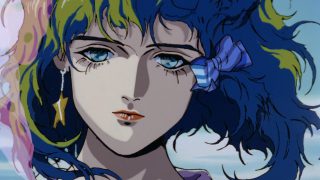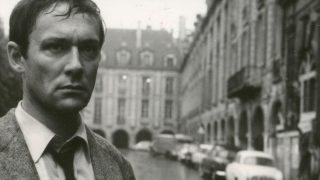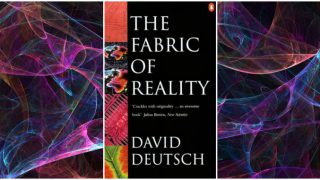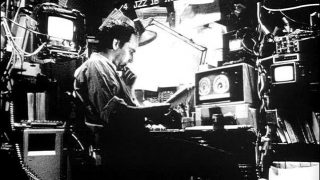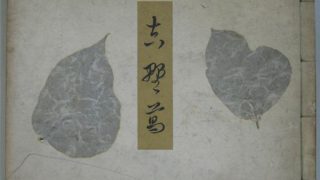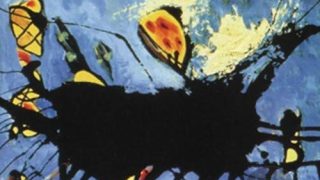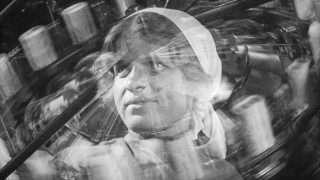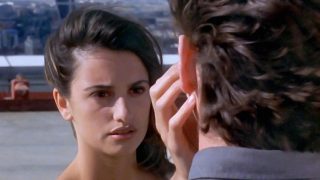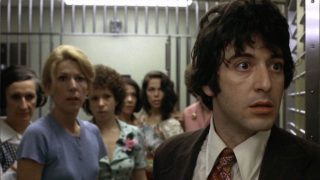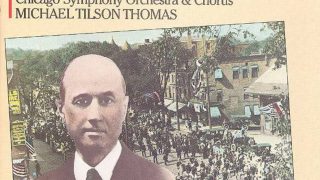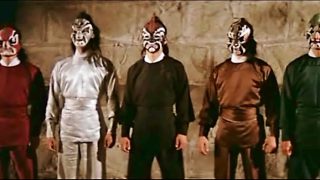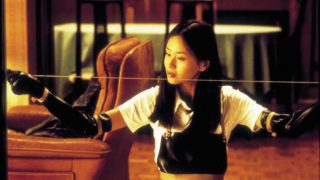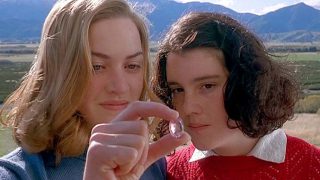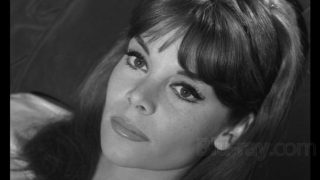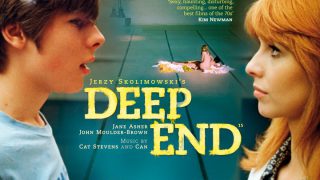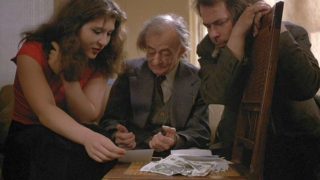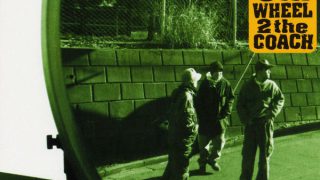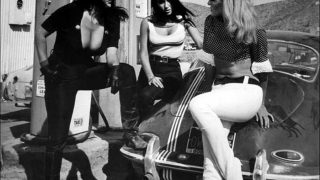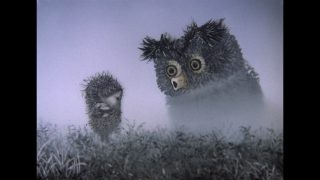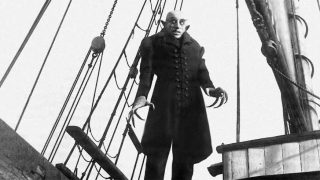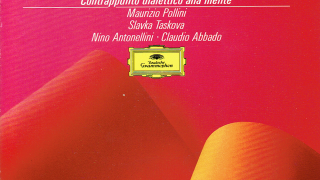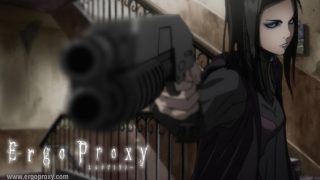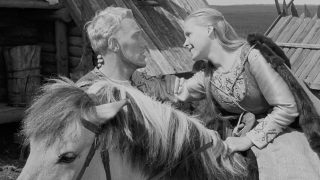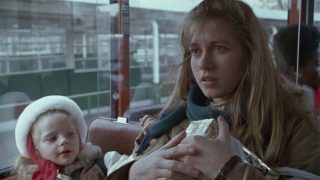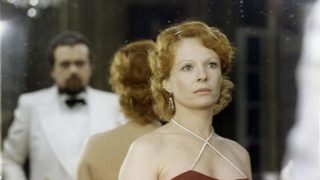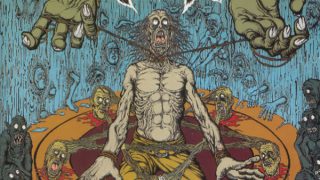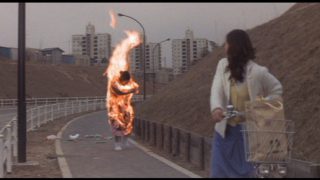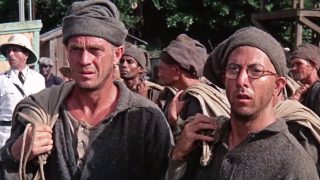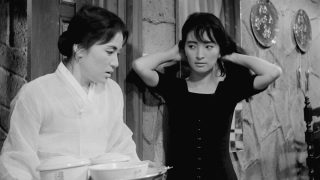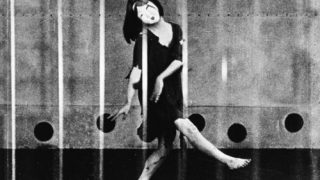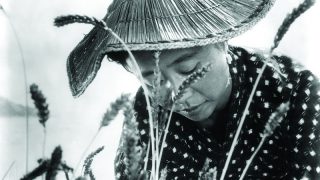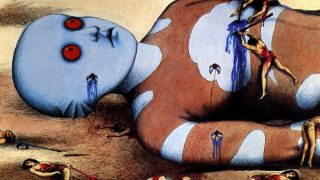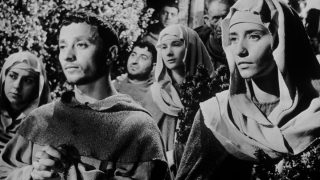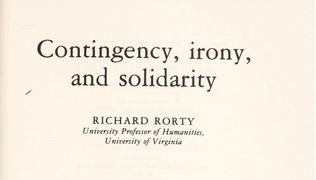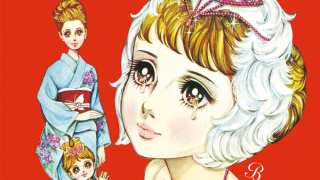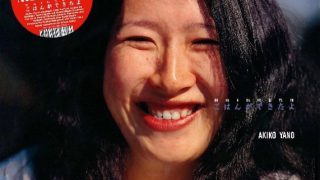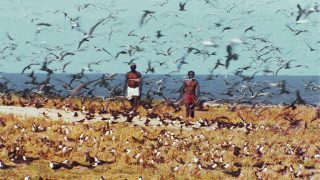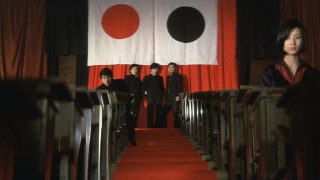Overview
“Heavenly Creatures“ is a 1994 New Zealand psychological drama film directed by Peter Jackson.
The film is based on the true story of the 1954 Parker–Hulme murder case in Christchurch, the largest city in the South Island of New Zealand.
Set in Christchurch, it depicts the friendship between two teenage schoolgirls, who have a strong bond with each other by sharing an imaginary world, and they end up committing a murder.
Screenplay by Fran Walsh and Peter Jackson.
Produced by Jim Booth and Peter Jackson.
Starring Kate Winslet, Melanie Lynske, Sarah Peirse, Diana Kent, Clive Merrison, and Simon O’Connor.
Cinematography by Alun Bollinger.
Music by Peter Dasent.
Production companies are WingNut Films, Fontana Productions, and New Zealand Film Commission.
Distributed by Miramax Films.
99 minutes (director’s cut: 109 minutes).
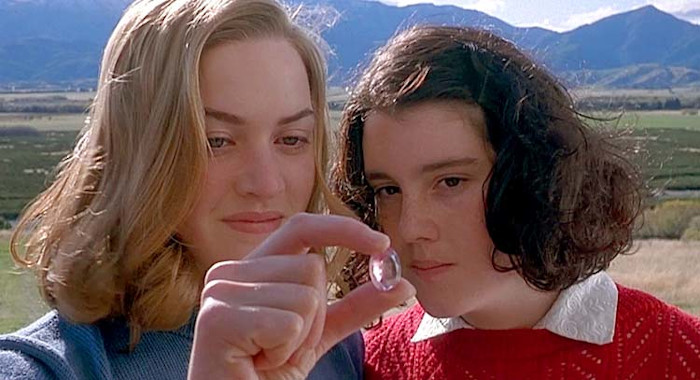
About the Parker–Hulme murder case (1954)
Pauline Yvonne Parker was a New Zealand working-class girl born in 1938.
Juliet Hulme was born in London in 1938 and emigrated to New Zealand in 1948 with her parents. She was the daughter of Henry Hulme, a physicist who became the rector of University of Canterbury in Christchurch.
Both Parker and Hulme attended Christchurch Girls’ High School in the early 1950s.
In their childhood, Parker had suffered osteomyelitis, and Hulme had suffered tuberculosis.
Parker and Hulme had created and shared an imaginary world of a fictional kingdom “Borovnia“, called “The Fourth World“, and they had developed an obsessive friendship.
Parker and Hulme had been writing a novel on the Fourth World.
During 1953 and 1954 Parker kept diaries recording her friendship with Hulme.
In 1954, Hulme’s parents separated. Hulme’s father resigned from his position as rector of the university, and he decided to return to England, but it was decided that Hulme herself would be sent to live with relatives in South Africa.
Hulme’s plan was to go to South Africa with Parker and then head to Hollywood or New York City, where they would publish their novel and work in film.
Parker was certain her mother would not allow her to go with Hulme.
Parker and Hulme plot to murder Parker’s mother in order to remove the obstacle to their plan.
On the afternoon of 22 June 1954, Parker and Hulme bludgeoned Parker’s mother to death with a brick enclosed in a stocking at Victoria Park.
Parker and Hulme tried to make it look like an accidental death, saying Parker’s mother had fallen and hit her head, but they were arrested for murder.
In August 1954, Parker and Hulme were found guilty of murder. Parker (16) and Hulme (15) were too young for death penalty, they were sent to separate prisons to be “Detained at Her Majesty’s Pleasure“.
Hulme was released in November, 1959. Parker was released two weeks later but remained in New Zealand on parole until 1965.
Hulme started working as a writer under the name of Anne Perry in Scotland in the late 1970s, and she became a successful historical detective novelist.
It was not well-known that Perry was Hulme. but in 1994, she was identified by journalists after the release of the film “Heavenly Creatures“.
Commentary
The film “Heavenly Creatures“ focuses on the singular friendship between Parker and Hulme in the period from their meeting in 1952 to the murder in 1954.
All of Parker’s voice-overs in the film are excerpts from Pauline Parker’s diaries.
The film was shot on location in Christchurch in 1993.
The film is characterized by its approach to depicting Parker and Hulme’s inner world from the inside.
The highlights of the film are the performances of Kate Winslet as Juliet Hulme and Melanie Lynskey as Pauline Parker and the fantastical shots of the imaginary world, which were made by using visual effects and digital technology.
Parker’s diary implies that she had a sexual relationship with Hulme, and this film includes scenes suggestive of their sexual relationship. However, Anne Perry (Hulme) insisted she didn’t have it with Parker. In 2006, Perry stated that they were not lesbians.
The songs sung by American tenor and actor Mario Lanza, including “Funiculì, Funiculà“ composed by Luigi Denza, and Giacomo Puccini’s operas (La bohème, Tosca, and Madama Butterfly) are used in the film.
In the film, there is a scene in which Parker and Hulme are chased by Harry Lime (a character played by Orson Welles in the film) in their imagination after seeing Carol Reed’s “The Third Man“ (1949) at the theater.
In 1994, the film won the Silver Lion at the 51st Venice International Film Festival.
The film was nominated for Best Original Screenplay at the 67th Academy Awards in 1995.
Kate Winslet won Best British Actress with this film at the 1st Empire Awards in 1996.
